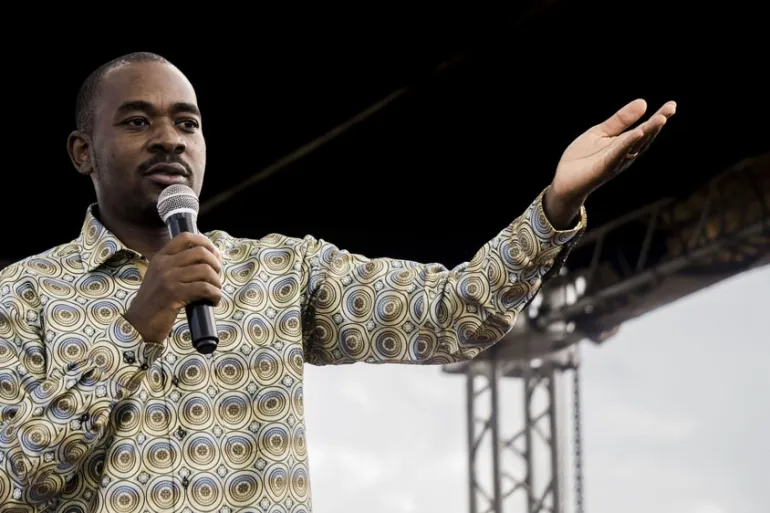
OPPOSITION leader Nelson Chamisa’s announcement that he is returning to active politics has reignited national debate and, not surprisingly, public scepticism.
His comeback follows months of silence after he walked away from the Citizens Coalition for Change (CCC), a party he built and ran with no formal structures, no constitution, and no congress. What a political suicide!
His exit, which many saw as a retreat following Sengezo Tshabangu’s dramatic takeover of CCC, left millions of his supporters disillusioned and leaderless.
Chamisa told our sister publication, The Standard, that he was not going to betray the two million who voted for him. But words alone will not suffice.
The backlash on social media was telling. Some former supporters branded Chamisa a “sell-out,” a “Zanu PF lite,” or a leader who folds under pressure.
Others suggested that he abandon politics altogether and pursue his theological calling.
“We want action and not verses,” posted one Chamisa critic.
The bitterness is real, and it reflects a deeper fatigue with opposition politics characterised by individualism, chaos, and betrayal.
- Young vocalist making southern Africa dance
- News in depth: Fears of violent 2023 polls grow as ED fails to deliver on promises
- Chamisa party defiant after ban
- Letter to my people: Mthuli Ncube experiment has failed
Keep Reading
The political terrain has changed, and the expectations are higher. This time, the electorate wants more than Bible verses, charisma, or the now-tired “Zanu PF must go” slogan. They want vision, structure, accountability, and strategy.
Chamisa’s previous leadership style, marked by unilateral decisions, lack of internal democracy, and a disregard for institutional frameworks, was a glaring missed opportunity.
He repeated the mistakes of those before him. Just as Morgan Tsvangirai’s MDC was built around his persona, Chamisa’s CCC became a personal project, insulated from internal checks and balances.
Without doubt, Chamisa failed to change the politics of personality cultism; he did not strengthen political party institutionalisation and de-personalisation.
When CCC collapsed, it did so spectacularly, because it had no democratic backbone to survive internal or external shocks.
So, what new thing is he bringing to the table? What is it that he will do differently?
If Chamisa is to be taken seriously, he must abandon the politics of personality cults. He must build a genuine political institution governed by clear rules, a transparent constitution, elected leadership, and a functioning secretariat.
His hinted promise of bringing in new faces must be accompanied by democratic processes — not personal appointments. Otherwise, history will repeat itself, and the party will remain vulnerable to infiltration, manipulation, and eventual collapse.
The stakes are high. Zanu PF, for all its flaws, is now attempting to refocus on economic empowerment, especially targeting the youth and informal sectors.
If the ruling party manages to deliver even a modicum of tangible development, Chamisa will need more than righteous indignation to remain politically relevant.
His challenge is to offer a compelling alternative, not just opposition for its own sake, but a credible and organised force capable of taking power.
There is still time before the 2028 elections. Chamisa can use this window to rebuild, to reconnect, and to reform. But he must act decisively.
Zimbabweans are no longer passive followers. They are demanding, watching, and ready to hold their leaders, ruling or opposition, to account.
Chamisa must rise to this moment or risk being remembered as another failed opposition leader. This is his chance to prove the critics wrong. But there will be no room for excuses this time. Reform or perish Chamisa!











